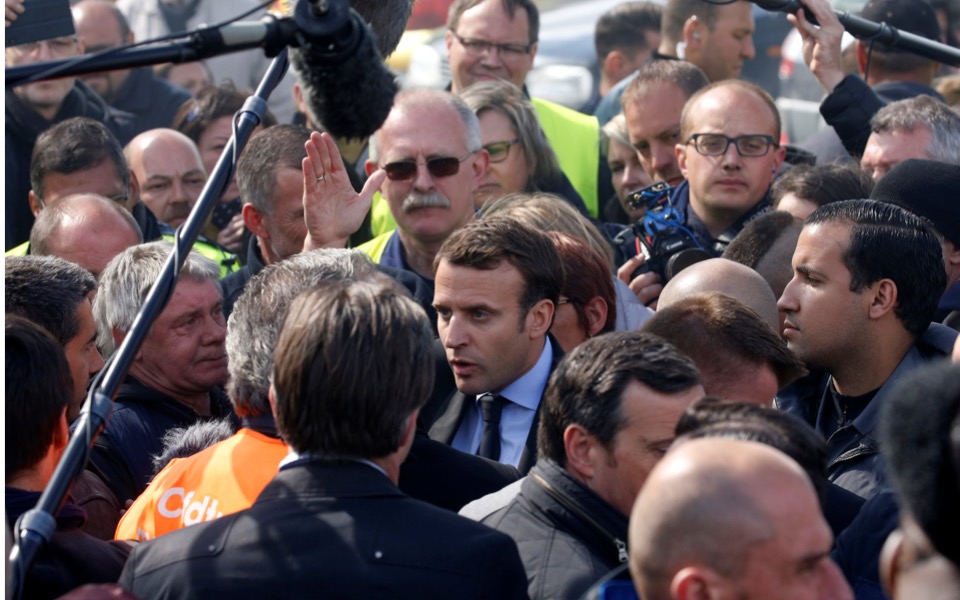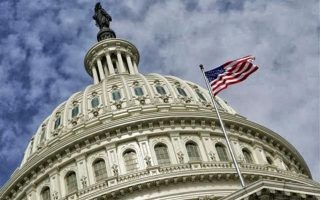Toward overhaul or collapse?

Yet another new political force has emerged in France, Emmanuel Macron, sending a frisson of relief through the European establishment after he managed to snatch the first round of the French presidential election from Front National leader Marine Le Pen.
This relief was followed almost instantly by fervent support from the overwhelming majority of the European political leadership, as Macron’s slim lead over the far-right candidate was perceived as a victory against fascism, Nazism, nationalism, racism and other such phenomena. Of course, it had been highly unlikely from the outset that Macron’s adversary would prevail – and most likely won’t in the second round either – yet Europe’s political establishment needed this psychological victory even if the risk of France straying from the beaten path was negligible, as was the case in the Netherlands earlier this year.
However, such victories in no way fully eliminate the threat that the European system may still collapse under the discrepancy between the prevailing public sentiment and that of the politicians governing the European Union.
Macron becoming president of France will probably not be the solution to the crisis in the country; it will simply prolong the existing problem and possibly allow it to emerge more intense at a later date. In theory, of course, the danger posed by Le Pen is a prime opportunity for an overhaul of the rather tired French system – though this would require a leader with the kind of clout and stature that hasn’t been seen since Charles de Gaulle. Macron not only lacks this political stature and basic experience, he does not even have a discreet political character. Politically, he is defined as a centrist; others present him as a model politician of the new era, and he himself claims to be a leftist liberal. He is a bit of everything all at once, in short.
Perforce, the presidency compels its holder to evolve and become a catalyst of change, and the technocrat Macron may yet prove to be a capable politician, confirming the expectation of those who cast their vote in his favor and the hopes of the pro-Europeans who are looking to a force to mitigate Germany’s dominion over the bloc.
His biggest challenge, however, lies on the domestic front, in June’s parliamentary elections, as Macron does not have a party and will need to cobble together majorities for any program he wants to pass through the House.
In one sense, therefore, Macron’s presidency will determine the future of the Fifth French Republic, created by de Gaulle in 1958 after the crisis in Algeria – proving that major crises lead either to a complete system overhaul or a complete collapse.





